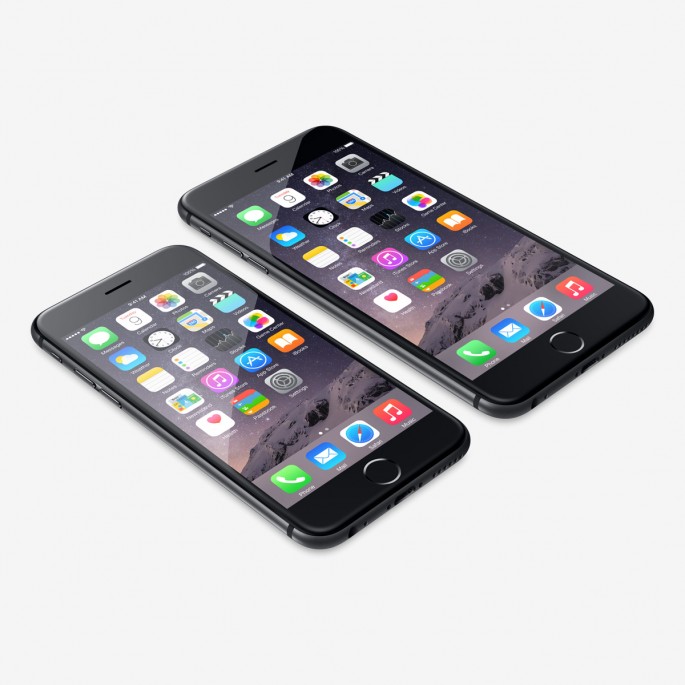Last week Apple has addressed concerns over the discrepancy of battery life between the Samsung A9 chips and the TSMC used in Apple iPhone 6 and iPhone 6s.
They suggested that a real life battery difference would be only two to three percent between the chips, despite the bigger gap pointed out by Geekbench battery tests.
Recently, a test conducted by Ars Technicia shows that Apple's claim is true regarding the battery life on iPhone 6 and iPhone 6s using TSMC chip and Samsung chip.
The website used two AT&T models, with SIM cards removed and the screen brightness set at exactly same level.
When Wi-Fi browsing was used, along with WebGL and GFXBench tests, the performances were slightly better for TSMC iPhone, though the variation was slight, according to Mac Rumors.
In the Geekbench battery test, there was a more significant difference between the both, but it is not effective in the real world.
Aside from the Geekbench battery test, which showed a major difference of 28 percent between both the devices, the Ars' test showed only 2 percent to 3 percent difference between the TSMC iPhone and the Samsung A9 chip iPhone.
According to Ars, there is going to be very little difference between the two iPhones in real world.
Additionally, Apple thinks that the comparison between two devices is too small to make meaningful predictions about the performance of the two chips.
Since, no one but Apple has the resources to collect data and get a clear picture of the performance, hence Apple's information does matter.
According to Apple, the variation has been observed and is "well within its manufacturing tolerances" and is a level of variation which can be observed between two devices having the same chip.



























